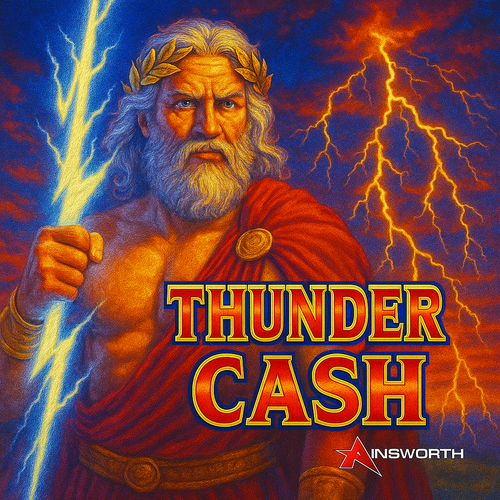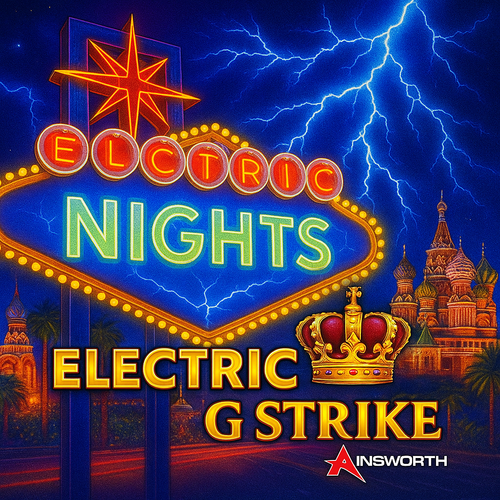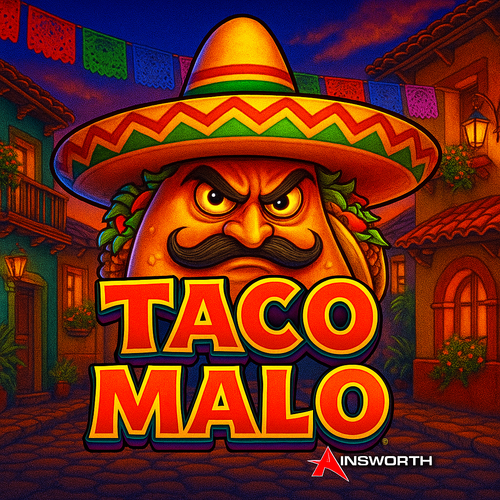How slots work: Random number generator and spin independence
1) RNG: source of outcome
RNG (Random Number Generator) - the mechanism that determines the result of each spin.
Online slots use a PRNG (pseudo-random generator) with a long period and good statistical properties; sometimes periodically "backed up" by system entropy (timers/noise).
In terrestrial and online systems, the principle is one: the outcome is the result of a random number, not the "mood" of the game.
2) Where and when the spin is solved
Where: 99% of the time on the game provider's server. The client (browser/application) only draws an animation of the decision already made.
When: at the time of the input event (click Spin/autospin) or on the internal ticking pool - but before the animation.
Important: the "Stop/Turbo" button does not change the outcome - it only shortens the animation.
3) From number to characters: virtual stops
Simplified conveyor of a typical 3 × 5 slot:1. PRNG produces one or more 32/64-bit numbers.
2. Each number is translated into the virtual reel stop index: 'index = rnd% N' (where'N 'is the number of virtual positions).
3. The "virtual stop → symbol" correspondence table contains frequency weights (rare symbols - less often, frequent - more often).
4. The generated character string is run through paytable: lines/ways/clusters → calculation of payments and function triggers.
5. Add. mechanics (cascades, multipliers, respins) are performed according to the rules, each new "fall" also uses RNG.
4) RTP, volatility, hit frequency - materiel
RTP (Return to Player) - mathematical expectation over a long distance. Formally: 'EV = Σ P (outcome) × Payout (outcome)'; 'RTP = EV/rate'.
Volatility - payment variance (risk profile):- low - more often/smaller;
- high - less often/larger;
- medium - compromise.
- Hit Frequency - the share of spins with any payment; is given by symbol weights and payout structure.
- Max Win - theoretical ceiling (multiplier to bet), follows from combinations/mechanics.
5) Spin independence - what it means
Each spin is a new independent trial. Previous results do not affect the next one.
There is no "debt" at the slot after a series of empty backs and no "overheating" after a big skid.
Any "series" is a consequence of the variance of the random sequence, not the memory of the game.
6) "Almost bonus" and the illusion of control
Near-miss (two of the three Scatters, frequent "almost freespins") is a natural result of laying out scales and drum bands, and not a sign "will give soon."
Sounds/highlights - UX, which enhances emotions, but does not increase the likelihood.
Changing the speed/auto-play/design does not affect RNG.
7) Complex mechanics and RNG
Cascading/Tumble/Avalanche: RNG determines the base spin, then outcomes are generated again for each "fall."
Megaways: RNG determines the height of the reels → then checks how to win.
Hold & Win/Respins: random trigger; each new captured symbol is a separate RNG outcome.
Bonus Buy (buying a bonus): buying changes the "entry point" (immediately in feature), but not the nature of chance.
8) RTP configs and certification
The same slot is often available with several RTP configurations (e.g. 96. 5%/95%/94%). The operator selects the profile when connected.
Honest providers certify RNG/math from independent labs; demo and real version of a particular operator must match in config.
9) What the player controls (and what is not)
Control:- Slot selection: RTP profile, volatility, mechanics.
- Bet size: 0. 5-2% of bankroll reduces the risk of rapid drawdown.
- Session length and tempo: fewer spins → less contact with House Edge per unit time.
- Stop rules: stop-loss/stop-win, time and turnover limits.
- Outcome of specific spin.
- "Cycles," "hotness" and "wagering" are mythologems.
10) Practical findings for tips and strategies section
The strategy will not raise RTP, but it is able to manage risk: a rate in bank shares, short sessions, a reasonable pace, fixed feet.
Prefer slots with RTP ≥ 96% (when there is a choice) and suitable volatility.
Do not use "dogon" and do not raise the rate "because it has not given for a long time" - the independence of spins makes this mathematically unprofitable.
Bonuses/promotions can temporarily tighten EV - but only under transparent conditions (vager, slot contribution, bet/win limits).
11) Short FAQ
Does the time of day or the number of players online affect? No, it isn't. Your RNG stream is independent of other people's sessions.
Can a quick "Stop" "catch" a win? No, it isn't. The outcome has already been calculated.
Why is RTP not felt for 200 spins? RTP - long distance parameter; on the short, dispersion dominates.
Is the demo more generous/skimpier than the real thing? Licensed providers have identical mathematics; perceptions differ (no risk).
Bottom line: slots are fixed math (character weights, paytable, RTP profile) + RNG. Each spin is independent, and "series" and "almost bonus" are statistical effects and UX. Understanding this base does not "break" the game, but it helps to choose slots and manage the bet/pace/limits without belief in myths.



















